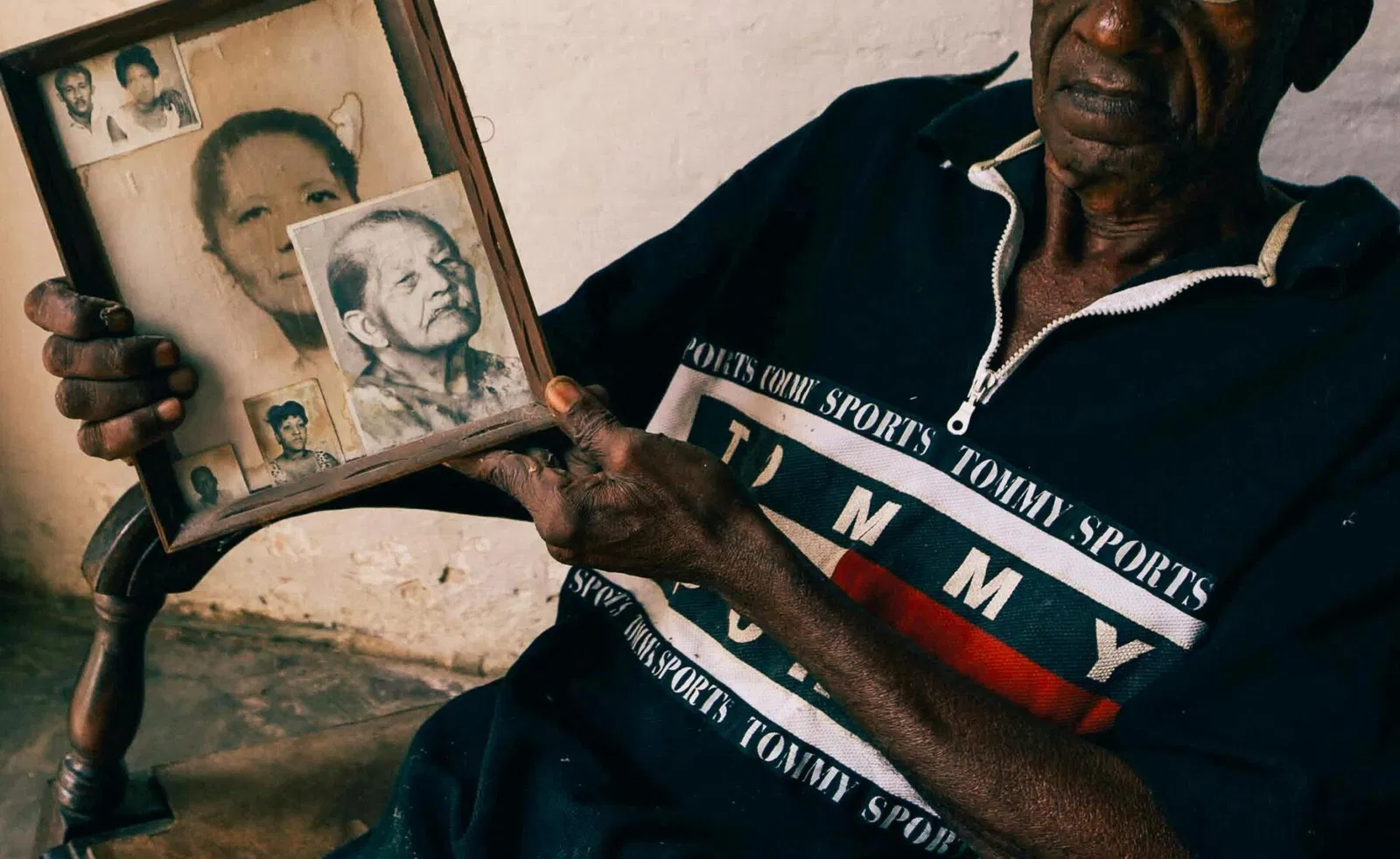A walking tour of Black historical sites in Boston on Aug. 18 brought together local and state leaders in Massachusetts. The event was designed to highlight the importance of teaching and preserving Black history while also raising awareness about the challenges these landmarks face.
One of the major stops on the tour was the Robert Gould Shaw and Massachusetts 54th Regiment Memorial. The National Monument honors one of the first Black regiments of the Civil War. When it was first unveiled in 1897, the monument was considered groundbreaking, particularly during a period of heightened racial tension in the United States. Today, its preservation has become a pressing issue.
“This was a controversial monument,” said Imari Paris Jeffries, president and CEO of Embrace Boston. “Sixteen clear-faced Black people with guns in their hands.”
Concerns have been raised that Black historical sites may be at risk due to federal policies. The Trump administration’s approach to the National Parks Service, which oversees many of these locations, has been criticized for attempting to downplay or erase elements of history that acknowledge systemic racism.
“President Trump and his minions are not just rewriting policy,” said Sen. Edward Markey. “They are trying to rewrite the history of the United States of America. [The administration] wants a climate of denial of the role of Black people, of brown people.”
Similar issues have already surfaced, such as the temporary removal of Harriet Tubman’s contributions to the Underground Railroad from government websites. Trump’s policies have included threats to withdraw funding from museums and historical sites if they do not conform to these changes.
The walking tour also visited other important landmarks, including the Embrace Monument, which commemorates the first meeting between Rev. Martin Luther King Jr. and Coretta Scott King, as well as the African Meeting House, home to the Museum of African American History. These sites continue to rely heavily on community support and memberships to sustain operations, especially as the National Parks Service faces budget cuts and staffing reductions.
Through this tour, Boston officials and advocates emphasized the need to defend Black historical sites against erasure. By drawing attention to these places and engaging the public, they aim to ensure that Black history remains preserved and accessible for future generations.














